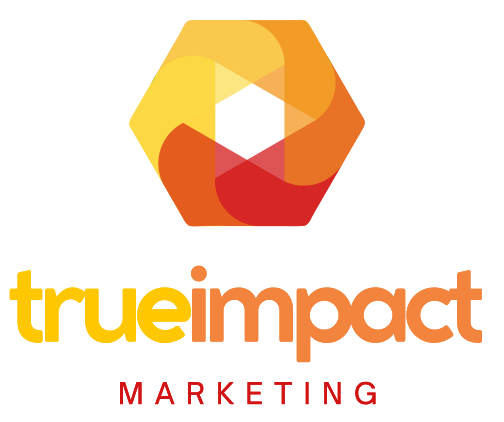Stop Alienating Potential Customers And Build Trust Instead - Here’s How…
Last week, I had an interaction that perfectly captured why so many businesses struggle to build genuine relationships with their audience – and it all started with a LinkedIn connection request.
We've all been drilled with the golden rule of marketing: "People buy from people they know, like, and trust."
Sounds straightforward, right? Show up consistently, share some content, be visible – trust built, sales made.
But here's the brutal truth nobody talks about: Most people are building trust like they're following a recipe from a cookbook, and it's killing their credibility.
Let me paint you a picture.
Someone connected with me on LinkedIn recently. Perfect profile – same industry, shared values, mutual connections. All the boxes checked for a potential great relationship.
So I did what any normal human would do. I sent a friendly message: "Hey, looks like we have a similar background. I'm curious – how did you get into what you do?"
Their response?
Complete radio silence on my question. Instead, I got a generic comment about one of my recent posts, immediately followed by a pitch for their "proven system that helps businesses like mine scale faster."
And in that moment, I felt something shift. This wasn't a conversation. This was a conversion attempt disguised as networking.
No curiosity about me as a person. No interest in building a real connection. Just another name in their sales funnel, getting the standard "trust-building" treatment.
Here's the problem: Trust has become a tactic instead of a byproduct.
The Real Way Authentic Trust Gets Built
Real trust isn't something you build – it's something that emerges when you show up as a genuine human being. Here's how the most successful business owners I know actually do it:
Lead with genuine curiosity, not conversion goals. When someone tells you about their business, ask follow-up questions because you actually want to know the answers. When they mention a challenge, resist the urge to immediately position your solution. Dig deeper into their world first. The sales conversation will happen naturally when the time is right.
Share your failures, not just your highlight reel. Perfect people aren't trustworthy – they're intimidating. Talk about the campaign that completely flopped. Share the client relationship that went sideways and what you learned. Admit when you don't know something. Vulnerability creates connection in ways that polished success stories never can.
Give value without keeping score. Make an introduction between two people who should know each other. Share a resource that might help someone, even if they're not a potential customer. Offer genuine feedback on someone's project. Do these things because you can, not because you're building up relationship credits to cash in later.
Remember the small stuff. Follow up on things people mentioned in passing. Remember details from previous conversations. Show up as the same authentic person whether you're talking to a million-dollar prospect or someone who could never afford your services.
Be willing to say "we're not a fit." Nothing builds trust faster than referring someone to a competitor when you know they'd be better served elsewhere. Short-term thinking says keep every lead. Long-term relationship building says do what's right for the person, even when it costs you.
The Trust Test
Here's how you know if you're building authentic trust or just running relationship tactics:
Authentic trust feels like friendship developing naturally. Tactical trust feels like being managed through a sales process.
When someone genuinely trusts you, they'll:
- Ask for your opinion on things unrelated to your business
- Refer people to you without being asked
- Share personal challenges they're facing
- Defend you when you're not in the room
- Come to you first when they need what you offer
The Uncomfortable Truth About Authentic Relationships
Building real trust takes longer than following a "know, like, trust" formula. It requires you to actually care about people beyond what they can do for your business. It means having conversations that don't lead to sales.
But here's what happens when you get it right: You don't just get customers. You get advocates. People who become extensions of your sales team because they genuinely believe in what you do and who you are.
Your Trust-Building Action Plan
Starting today, try this:
- Week 1: In every business conversation, ask one question that has nothing to do with your services. Be genuinely curious about the answer.
- Week 2: Share one story about a time you failed or learned something the hard way. Notice how people respond differently.
- Week 3: Help someone with no expectation of return. Make an introduction, share a resource, or offer advice that benefits them but not you.
- Week 4: Refer business away from yourself to someone who'd be a better fit for a prospect's needs.
The businesses that win long-term aren't the ones with the best sales funnels or the most polished content strategies. They're the ones that remember business is fundamentally about human relationships.
And human relationships are built on genuine care, not conversion tactics.
Your audience can tell the difference. The question is: Are you brave enough to build trust the slow, authentic way?
Because that's where the real magic happens.
What's your experience with this? Have you noticed the difference between someone genuinely connecting with you versus someone running you through their trust-building playbook? I'd love to hear your stories – the real ones, not the polished versions.




